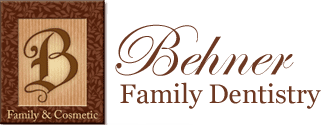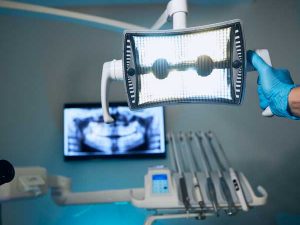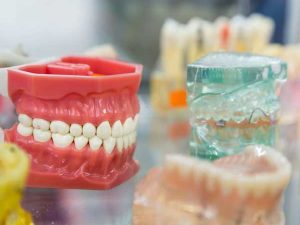
Understanding Sleep Apnea
Sleep apnea is a common but serious sleep disorder where your breathing intermittently stops or becomes shallow while you sleep. People with untreated sleep apnea can stop breathing repeatedly, sometimes hundreds of times during the night. This means the brain and the rest of the body may not get enough oxygen. There are different types of sleep apnea, with obstructive sleep apnea being the most common.
This disorder occurs when the muscles in the back of your throat fail to keep the airway open. Consequently, this interrupts your sleep and can severely impact your health. One lesser-known effect of sleep apnea, however, is its significant impact on oral health.
Oral Health: A Window to Your Overall Health
Oral health isn’t just about having a beautiful smile. It’s an essential part of your overall health. Poor oral health can lead to a variety of issues including gum disease, cavities, and even tooth loss. Moreover, research has shown a link between oral health issues and systemic diseases such as diabetes and heart disease. Recently, researchers have uncovered a surprising connection: poor oral health may also contribute to sleep apnea.
The Connection Between Sleep Apnea and Oral Health
The relation between sleep apnea and oral health is a two-way street. Poor oral health can contribute to sleep apnea, and vice versa. Conditions such as periodontal (gum) disease can lead to swollen and inflamed oral tissues, which can obstruct the airway and result in sleep apnea.
Simultaneously, sleep apnea can exacerbate existing oral health problems. Due to frequent interruptions in breathing, people with sleep apnea often breathe through their mouth, leading to dry mouth. Persistent dry mouth can increase the risk of cavities, gum disease, and oral infections.
Dental Signs of Sleep Apnea
Dentists play a crucial role in identifying signs of sleep apnea, as many symptoms are visible during routine dental examinations. For instance, signs such as teeth grinding (bruxism), dry mouth, and a small or receding jaw could indicate a potential sleep disorder. Dentists can refer patients to sleep specialists for further diagnosis and treatment if they observe such signs.
How Can Your Dentist Help?
Your dentist can help in managing sleep apnea in several ways. If teeth grinding is a concern, your dentist may recommend a custom-fit oral appliance to protect your teeth during sleep. Moreover, for some people, oral appliances designed to keep the airway open may be a feasible treatment for mild to moderate sleep apnea.
The Role of Good Oral Hygiene
Good oral hygiene is critical for maintaining oral health and mitigating the effects of sleep apnea. Brushing twice a day, flossing daily, and regular check-ups with your dentist can keep your mouth healthy. Additionally, if you have sleep apnea, staying hydrated can help alleviate dry mouth and prevent associated dental issues.
The Importance of Treating Sleep Apnea
Untreated sleep apnea doesn’t just impact your oral health; it can have serious repercussions on your overall health. It’s associated with a variety of health problems including high blood pressure, stroke, diabetes, and heart disease. Therefore, if you suspect you have sleep apnea, it’s essential to get evaluated and treated.
Prioritize Your Sleep and Oral Health Today
There’s a crucial connection between your sleep quality and oral health. If you’ve been suffering from sleep apnea or experiencing dental health issues, it’s high time to address them. Don’t wait for the symptoms to worsen.
Your journey to better sleep and a healthier mouth starts with an appointment. Reach out to Behner Dental today, and let’s work together to safeguard your oral health and improve your sleep. with us today, and let’s embark on this journey to wellness together.





